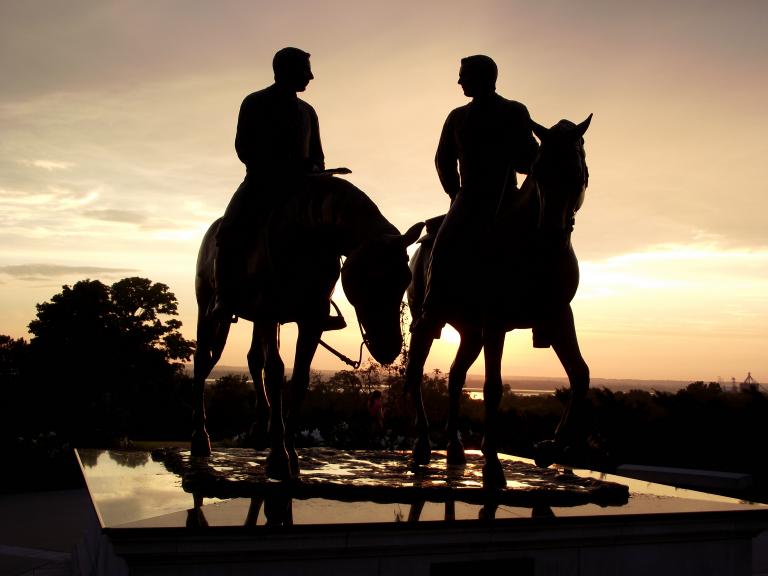
(Wikimedia Commons public domain images)
From one of my many unfinished manuscripts:
Joseph Smith knew that he would die at the hands of his enemies. “He well knew that he must sacrifice his life for the principles God had revealed through him,” said Lucy Walker Kimball. Yet “Death had no terrors for him although life was dear. I have often heard him say he expected to seal his testimony with his blood.”[1] “He was cheerful and comforting,” remembered Edward Stevenson.
He said, “I shall not be sacrificed until my time comes; then I shall be offered freely.”
I heard the Prophet state, while preaching on a stand erected on the east side of the Temple, that he now saw the time he had long desired to see. “Now I am a free man,” he declared. “There are men now prepared to carry out the work of the kingdom of God here on earth, and it will roll on forever. Thank God I have lived to see this day.”[2]
But he was growing tired. Benjamin F. Johnson remembered a time when, “with a deep-drawn breath, as a sigh of weariness,” Joseph Smith
sank down heavily in his chair, and said, “Oh! I am so tired—so tired that I often feel to long for my day of rest. For what has there been in this life but tribulation for me? From a boy I have been persecuted by my enemies, and now even my friends are beginning to join with them, to hate and persecute me! Why should I not wish for my time of rest?”
His words and tone thrilled and shocked me, and like an arrow pierced my hopes that he would long remain with us. I said, as with a heart full of tears, “Oh! Joseph, what could we, as a people, do without you and what would become of the great latter-day work if you should leave us?”
He was touched by my emotions, and in reply he said, “Benjamin, I would not be far away from you, and if on the other side of the veil I would still be working with you, and with a power greatly increased, to roll on this kingdom.”[3]
“The Prophet did not really desire longer to live,” concluded Johnson.[4] Mary Elizabeth Rollins Lightner recalled the Prophet saying, near the end of his life,
I am tired, I have been mobbed, I have suffered so much. . . I have asked the Lord to take me out of this world. I have stood all I can. I have to seal my testimony to this generation with my blood. I have to do it, for this work will never progress until I am gone, for the testimony is of no force until the testator is dead. People little know who I am when they talk about me, and they never will know until they see me weighed in the balance in the kingdom of God. Then they will know who I am, and see me as I am. I dare not tell them, and they do not know me.
“These words,” she commented, “were spoken with such power that they penetrated the heart of every soul that believed on him.”[5]
[1] $Lucy Walker Kimball, in Andrus and Andrus, They Knew the Prophet, 157.
[2] $Edward Stevenson, in Andrus and Andrus, They Knew the Prophet, 99. $Compare the testimony of Benjamin F. Johnson, as given in Andrus and Andrus, They Knew the Prophet, 108.
[3] $Recounted by Benjamin F. Johnson, as given in Andrus and Andrus, They Knew the Prophet, 109.*
[4] Zimmerman, I Knew the Prophets, 32.
[5] $See the account of Mary Elizabeth Rollins Lightner, in Andrus and Andrus, They Knew the Prophet, 29 – 30.










